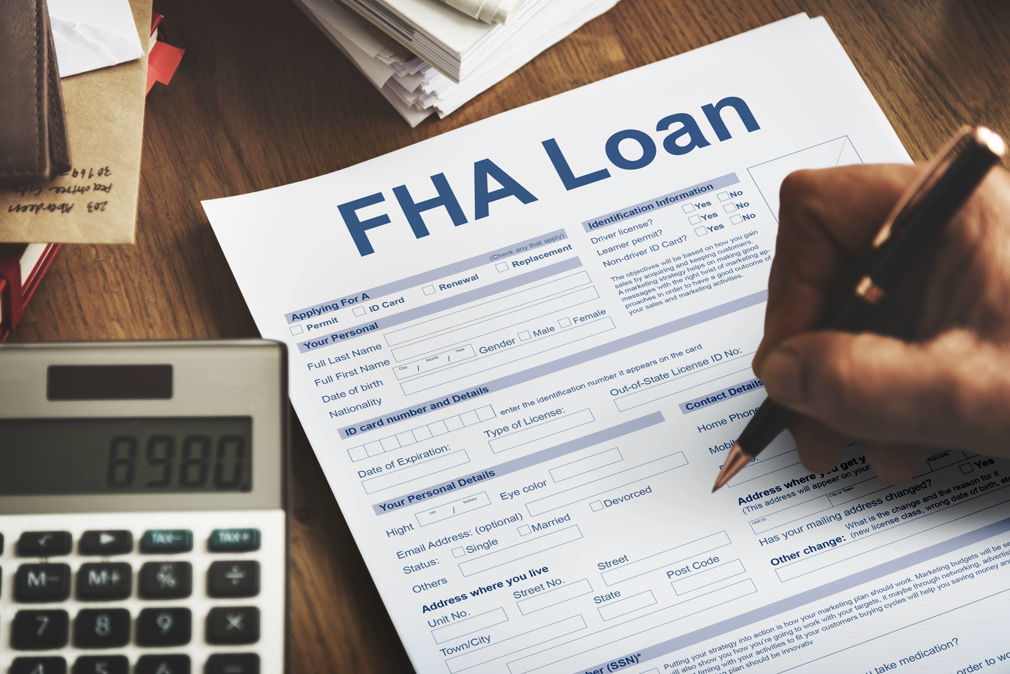Thanks to increases in home prices in 2019, the Federal Housing Administration loan limit will increase for nearly all of the country in 2020.
According to an announcement from the FHA, the 2020 FHA loan limit for most of the country will be $331,760, an increase of nearly $17,000 over 2019’s loan limit of $314,827.
That loan limit applies to much of the country, with the figure determined as a percentage of the national conforming loan limit for Fannie Mae and Freddie Mac, which is increasing in 2020 to $510,400.
FHA is required by the National Housing Act, as amended by the Housing and Economic Recovery Act of 2008, to set single-family forward loan limits at 115% of median house prices, subject to a floor and a ceiling on the limits. FHA calculates forward mortgage limits by Metropolitan Statistical Area and county.
FHA’s 2020 minimum national loan limit, or “floor,” of $331,760 is 65% of the national conforming loan limit of $510,400. This floor applies to “low-cost areas,” which are counties where 115% of the median home price is less than the floor limit.
Meanwhile, there are a number of counties (approximately 70) where the median home price far exceeds the FHA loan limit floor. Those areas where the loan limit exceeds this floor are considered “high-cost areas”, and HERA requires the FHA to set its maximum loan limit “ceiling” for those high-cost areas at 150% of the national conforming limit.
Therefore, for those approximately 70 “high-cost” counties, the FHA’s 2020 loan limit will be $765,600, an increase of nearly $40,000 over 2019’s total of $726,525.
Click here to see the counties that qualify as high-cost and therefore have loan limits of $765,600.
There are also a number of counties where the 2020 loan limit is between the floor and the ceiling. Loan limits in those counties, which are based on the median home prices in those counties, vary from just above the floor of $331,760 to just below the ceiling of $765,600.
Click here to see a list of the counties where the 2020 loan limit falls between the floor and the ceiling.
There are also a few areas where loan limits are calculated differently than the rest of the country due to the specific nature of those housing markets.
As in previous years, Alaska, Hawaii, Guam, and the U.S. Virgin Islands have a higher limit “ceiling” than the rest of the country to account for the “higher costs of construction.”
In those areas, the 2020 FHA loan limit is $1,148,400.
According to the FHA, the loan limit is going up in almost all of the 3,233 counties where it backs loans, but there are a handful of counties where the loan limit is actually going down.
Per data from the FHA, there are 11 counties where the loan limit is decreasing. In three of those counties (Dutchess County, New York; Orange County, New York; and Lincoln County, Idaho), the loan limit is decreasing by approximately 50%, due to the home price changes in those areas.
Click here to see the areas where loan limits are decreasing in 2020.
Each year, the FHA continues to increase how many counties see an increase in the FHA loan limits.
Back in 2016, the FHA increased loan limits for just 188 counties; in 2017, this number jumped to 2,948 counties; then to 3,011 counties for 2018. In 2019, the FHA loan limits increased in 3,053 counties.
Click here to see all the rest of the counties where loan limits are increasing in 2020.
It should also be noted that both the FHA loan limit floor and ceiling are increasing on two-unit, three-unit, and four-unit properties, as shown in the image below.
To read FHA’s full breakdown of all the 2020 loan limits, click here.
According to the FHA, the loan limits are effective for case numbers assigned on or after Jan. 1, 2020, through Dec. 31, 2020.






